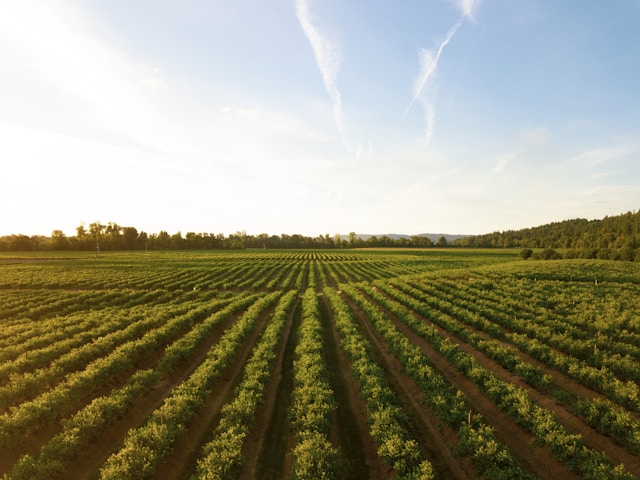Pests pose a significant threat to agricultural productivity, causing billions of dollars in crop losses annually. Seed genetics plays a crucial role in developing crops that are resistant to pests, reducing the reliance on chemical pesticides and promoting sustainable agriculture. This article explores the strategies for managing pest resistance through seed genetics, highlighting the importance of innovation and collaboration in addressing this global challenge.
Understanding Seed Genetics and Pest Resistance
Seed genetics involves the manipulation of plant genes to develop desirable traits, including resistance to pests. Pest resistance can be achieved through various mechanisms, such as producing toxins that are harmful to pests or enhancing plant defenses to withstand pest attacks. These traits can be introduced into crops through traditional breeding methods or genetic engineering.
Benefits of Pest-Resistant Crops
Pest-resistant crops offer several benefits for farmers and the environment. Firstly, they reduce the need for chemical pesticides, which can be harmful to human health and the environment. By relying less on pesticides, farmers can reduce their production costs and minimize the risks associated with pesticide use.
Secondly, pest-resistant crops can improve crop yields and quality. By protecting crops from pest damage, farmers can achieve higher yields and produce higher-quality crops, leading to increased profits and food security.
Furthermore, pest-resistant crops can also promote sustainable agriculture practices. By reducing the use of chemical pesticides, pest-resistant crops can help preserve biodiversity, protect beneficial insects, and reduce pesticide residues in the environment.
Strategies for Managing Pest Resistance through Seed Genetics
To effectively manage pest resistance, it is essential to adopt a holistic approach that integrates various strategies. Some of the key strategies include:
-
Incorporating Multiple Resistance Genes: To prevent pests from developing resistance, it is important to incorporate multiple resistance genes into crops. This can be achieved through traditional breeding methods or genetic engineering, ensuring that pests are less likely to overcome the plant's defenses.
-
Rotation of Resistance Genes: Rotating crops with different resistance genes can help prevent pests from adapting to specific resistance traits. This strategy can be particularly effective when combined with other pest management practices, such as crop diversification and sanitation.
-
Integrated Pest Management (IPM): IPM is a holistic approach to pest management that combines various strategies, including cultural, biological, and chemical control methods. By integrating pest-resistant crops with other IPM practices, farmers can effectively manage pest populations while minimizing environmental impact.
-
Monitoring and Surveillance: Regular monitoring and surveillance of pest populations are essential for detecting changes in pest behavior and developing timely management strategies. By keeping track of pest populations, farmers can make informed decisions about pest control measures.
-
Collaboration and Knowledge Sharing: Collaboration between researchers, farmers, and policymakers is crucial for developing and implementing effective pest management strategies. By sharing knowledge and best practices, stakeholders can work together to address pest resistance effectively.
Conclusion
Seed genetics plays a vital role in developing crops that are resistant to pests, reducing the reliance on chemical pesticides and promoting sustainable agriculture. By adopting strategies such as incorporating multiple resistance genes, rotating resistance genes, implementing IPM practices, monitoring and surveillance, and collaborating and sharing knowledge, farmers can effectively manage pest resistance and protect their crops. As pests continue to evolve and adapt, innovation and collaboration will be key in developing resilient and sustainable pest management strategies.


